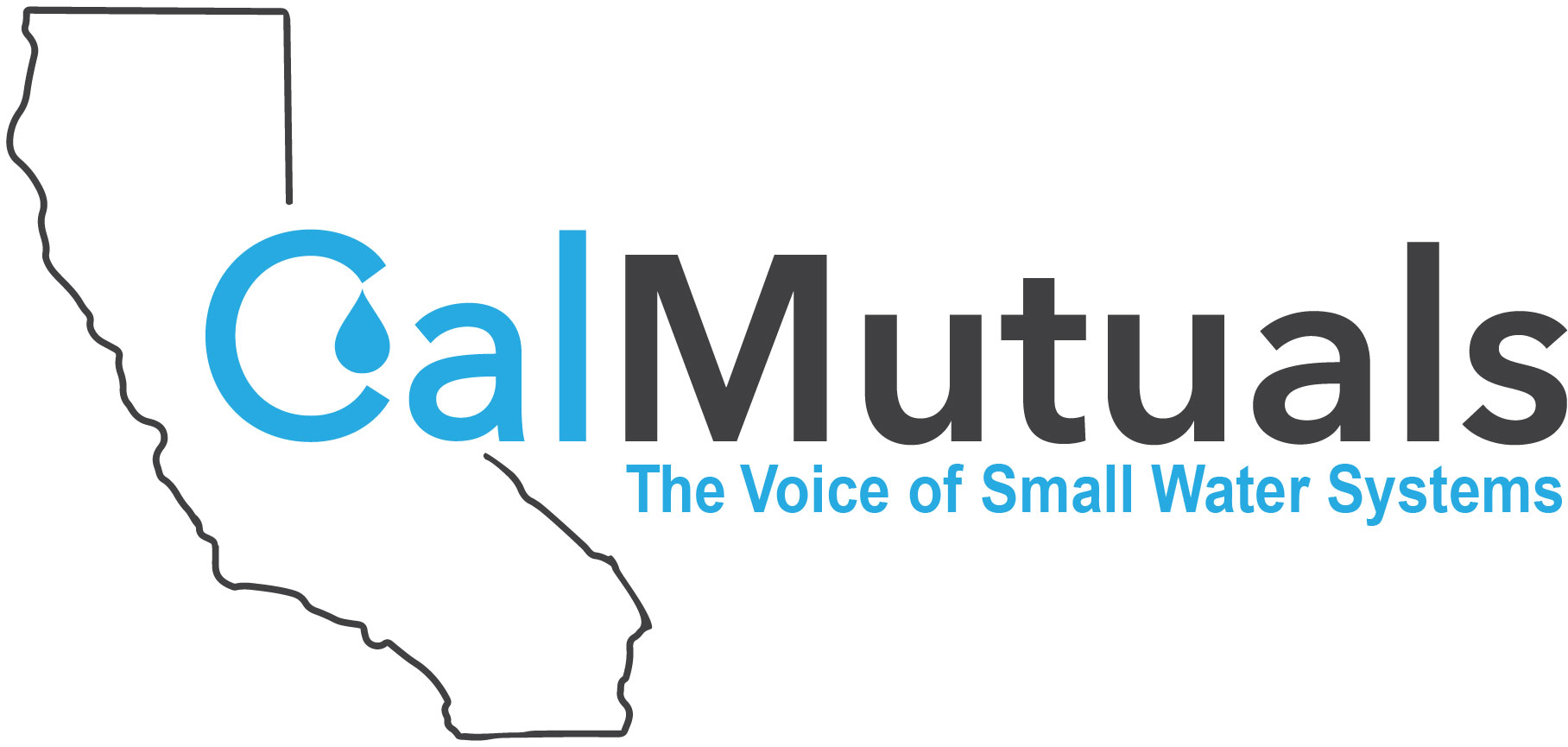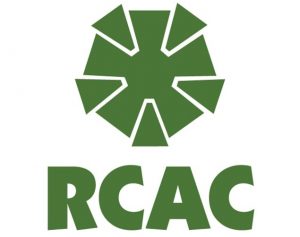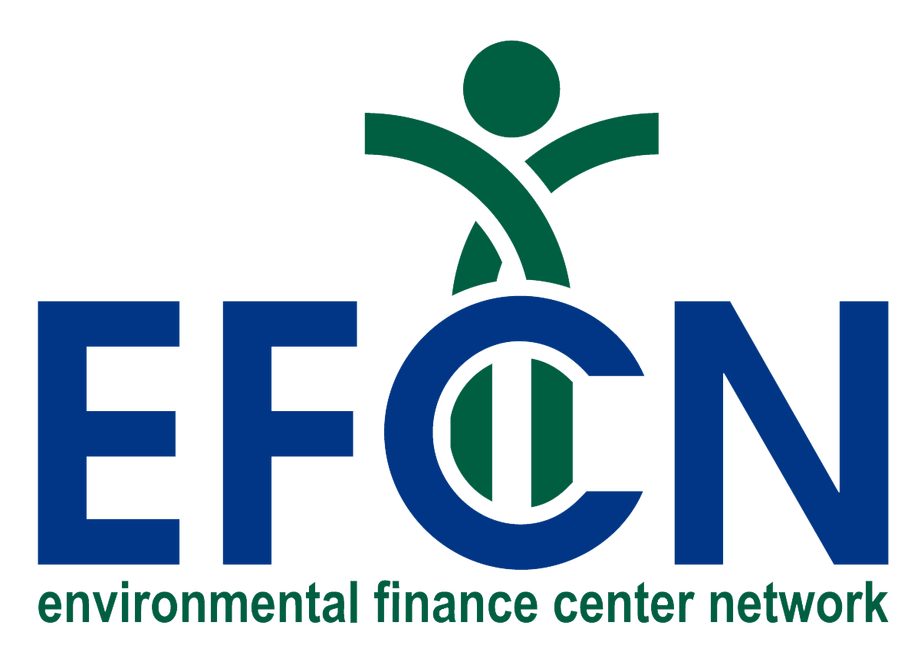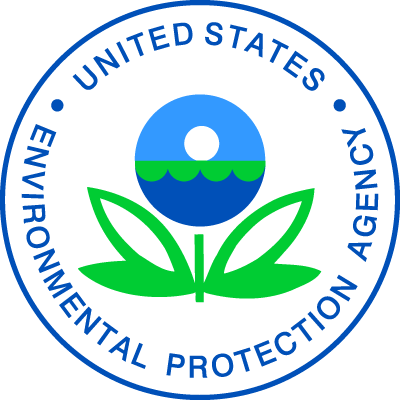RCAC – What You Need to Know About the Sustainable Groundwater Management Act
Webinar OnlyDescription: The Sustainable Groundwater Management Act of 2014 (SGMA) has been called “the most important legislation in California in 100 years.” SGMA mandates the sustainable use of California groundwater. Given the fact that many groundwater basins are in overdraft, implementation of sustainable practices will likely have a significant impact on small water systems that use groundwater from these basins. SGMA applies to the 127 high and medium priority groundwater basins, which account for approximately 96 percent of groundwater use in California. It is therefore very likely that a significant number of California small water systems will be impacted by the implementation of sustainable practices mandated by this law. Given that both Water Rights and Adequacy of Supply are Division of Drinking Water (DDW) Technical, Managerial and Financial (TMF) elements and that SGMA is very likely to have a significant impact on both these elements for a large number of California small water systems, it is very important that these systems have adequate training into SGMA’s process and requirements. Participants will learn: The basics of groundwater hydrology, including: The Water Cycle and types of aquifers The provisions of SGMA, including: The goal of sustainable water extractions from a basin What the […]



